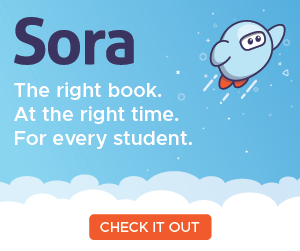Games? Is That All They Ever Do in Speech?
Learning Speech and Language Through Games
Have you ever asked your children, “What did you do in Speech today?” and their response is “Played games!”?
I hear this response often, and while I still feel the need to justify the reason behind the game, I am also happy to know that most students enjoy their speech time and are excited to come so they can “play games”!
So here’s my justification (just so you know, there is a plan and a reason for playing games!): each and every game that we do in speech has a specific skill that we are addressing, whether it be for students with sound errors, fluency errors, or language errors.
I plan and use specific games that are loaded with a skill that a particular student needs practice in.
For students who are working on a specific sound or sounds, I choose activities and games that have a lot of opportunities for practice of words with that sound(s) in them. For example, we play a lot of “Go Fish” with particular sound cards (“r”, “s”, “k”, etc.). We may play board games that we can use the sound cards with also. I choose different BINGO games for students needing work with verbs, “Wh” questions (Who, What, Why, Where, When), or phonemic awareness skills, such as rhyming or sound play and manipulation (e.g. identify or change the first/medial/final sound in words). We may play a game that targets analogies or following directions.
I can target auditory discrimination and listening skills through a variety of “games.” While I also often talk with students about why they come to speech and the skills they are working on, the only thing they often remember is that they played games and had fun.
Ultimately, my goal is to improve their speech and language skills. When students are motivated, they work much harder; and I have found that games are a great motivator for most students. So the next time you ask your child what they did in speech and they report that we “played games,” hopefully, you’ll have a little more insight into what those games entail!
I also wanted to let you know that I may begin sending speech homework with your students. This is not to add to their workload, but more as a communication between you and me. The homework will give you some insight into what sound and at what level we are working and some ideas on things you can work on at home. I probably won’t send homework home until a student has good placement and can make his or her target sound well in isolation and syllables—there is no use to practice a sound incorrectly!
However, please contact me if you would like more ideas or activities for home. I wanted to give you a great Web site I recently found for working on a number of skills in many areas including speech, language, spelling, reading, and many more. This Web site targets skills through games (imagine that!!!). It is a free Web site and there is no need to register to use it. The link is http://www.woodlands-junior.kent.sch.uk/interactive/literacy/index.htm. I will warn you that you need speakers to be able to play most of the games, and in most the voice has an English accent so you may need to repeat the word for younger students for them to more easily discriminate what has been said. It’s a great Web site—you should definitely check it out!
Once again, thanks for letting me work (or play games) with your students—it is a privilege!
Kim Knight
Speech-Language Pathologist
(660) 947-3361 ext. 391



.png)


.png)


